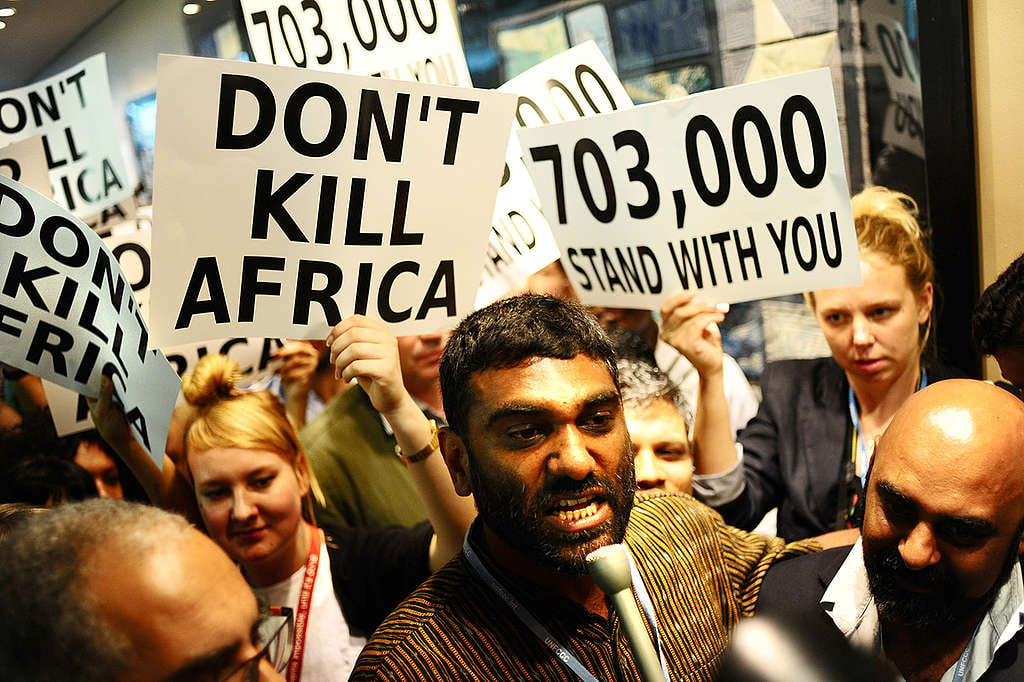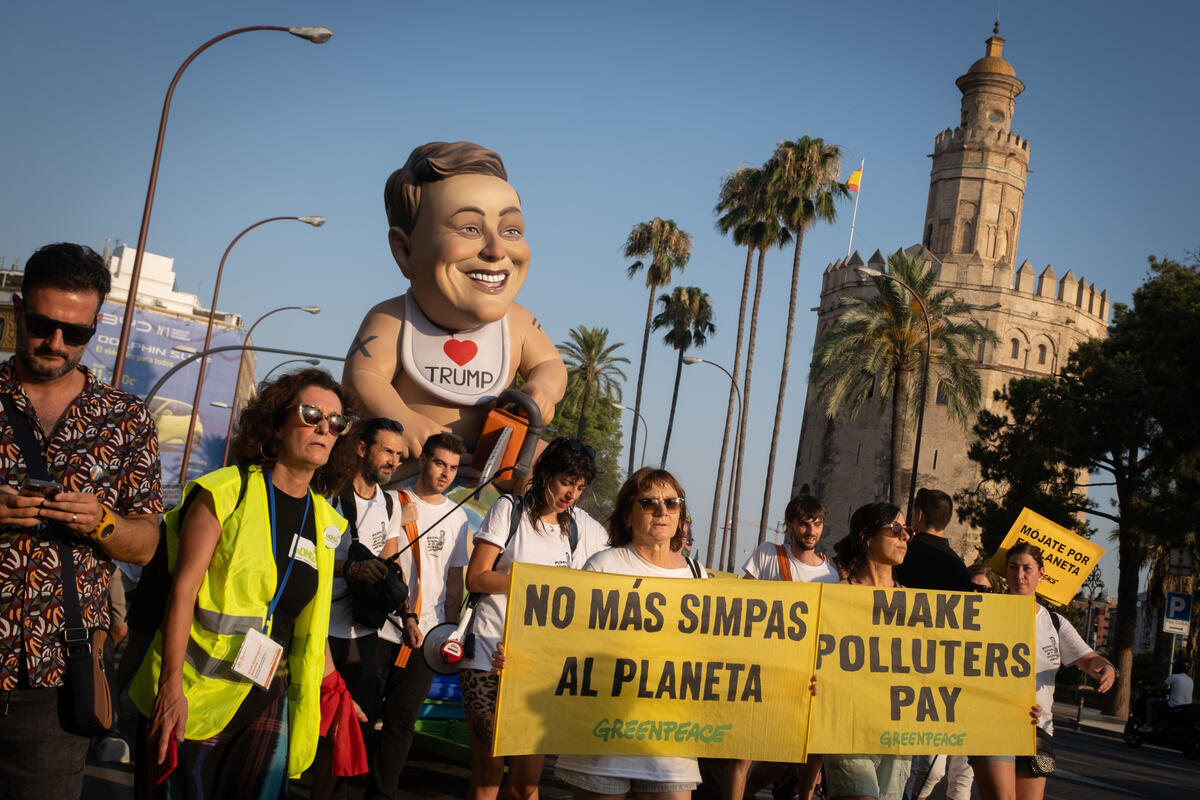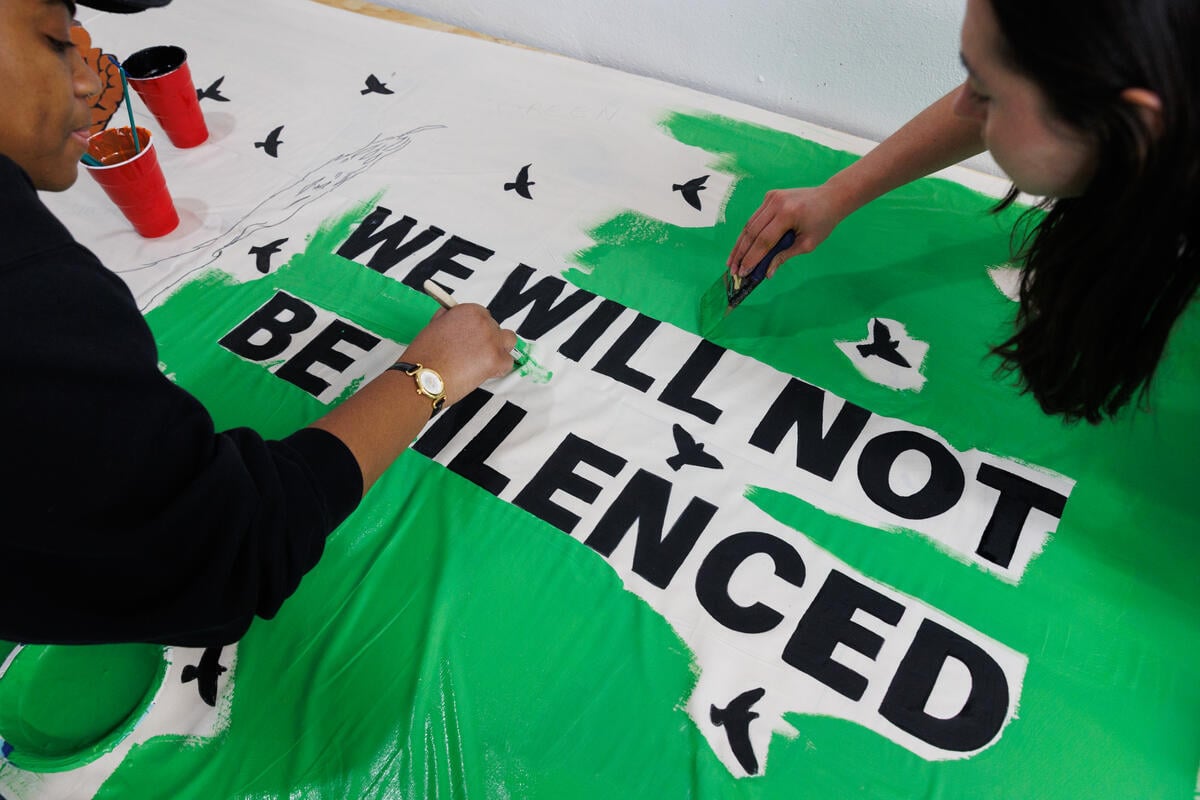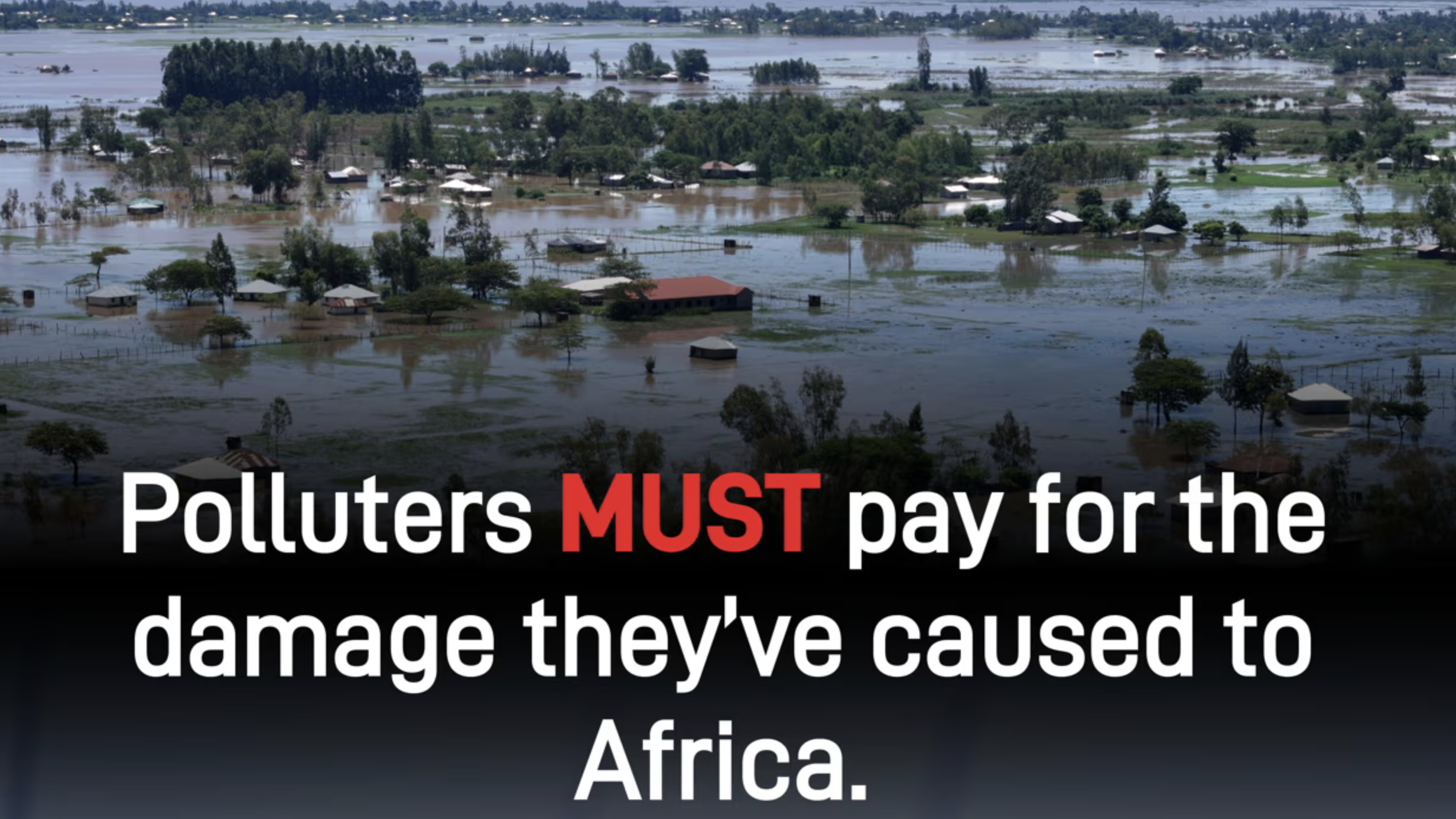Climate change affects all of us, although in different ways. Where do we find the power to tackle one of the planet’s greatest existential threats? Not in policy, but in consequence and in people.
Sometimes I feel we forget that climate change affects and impacts us all, although in different ways. As true as this is , it however does affect the vulnerable the most. But there are people and groups that are almost immune to the impacts of climate change unless there happens to be an extreme weather event – the political, millionaire and billionaire classes.
The powerlessness of policy
In South Africa and in other countries around the world, we have many policies designed to address climate change. But they are just that: policies. They are there to make it look like something is happening, yet in many cases they serve as a smokescreen. But, when something needs to be done, difficult decisions are made and action is taken. We can see how political will was convened and applied during the early phases of the emergency covid-19 response, that led to our national lockdown and promulgation of regulations to effect the necessary changes. Then we should ask ourselves why climate change is not treated as an emergency.
How we choose to address climate change honestly boils down to common sense. Some things are no longer necessary and no longer need extensive deliberation; we don’t need coal fired power-stations or liquified coal to satisfy our energy needs anymore, not only because they are bad for us, but because domestic energy needs can be satisfied in a different way.
The power of consequence
We know that when we do something, anything, there will be a consequence, be it negative or positive. For example, individual decisions are key to addressing externalities borne from economic activity. If I chose to use renewable energy to power my homestead, it will do nothing to address climate change as a collective concern if I do it by myself, but it will provide me with sustainable-affordable electricity during an ever-present electricity crisis. But should more individuals choose to move to renewable energy to power their homes, we will be collectively resilient against load shedding and will begin to proactively reduce emissions associated with coal generated electricity. Furthermore, each of us will be safe from ever-increasing tariffs. And that will begin to force the utility and state to rethink our coal dependence and the broader structure of the electricity supply industry that contributes disproportionately to our carbon emissions, and climate change is accelerated by this. But this is also applicable to our food, water and agricultural produce. The closer we are to the food we consume the better it is for us.
The power of people
As much as we all know this, it is unfortunate that ordinary people, like you and I, again have to act and take efforts to reduce our vulnerabilities to climate change and future system shocks. But if you really think about it, it is liberating: we have our futures in our hands. Our celebrated politicians and revered captains of industry will not save us. They are there for themselves; they are not with us, us the normal people, the ones on the ground, the ones that pay the overwhelming price for their bad decisions. They don’t feel climate change as we do, they are not there when floods happen, they are not there when a drought hits, they are protected from Day Zero, and their properties have emergency water and electricity provisions paid for by us through our tax and through our purchases of their inconceivably dirty products.
We can’t look to them for guidance and direction. We have ourselves and each other, ordinary people doing ordinary things in extraordinary times. Climate change presents us with the opportunity to redefine the relationship we have with systems of power and economics; but more importantly, it asks that we reconsider how we relate to each other.
You can join us in our fight against climate change. Take the pledge and sign up!
Happy Khambule is the Greenpeace Africa Senior Climate and Energy Campaign Manager based in Johannesburg, South Africa.




